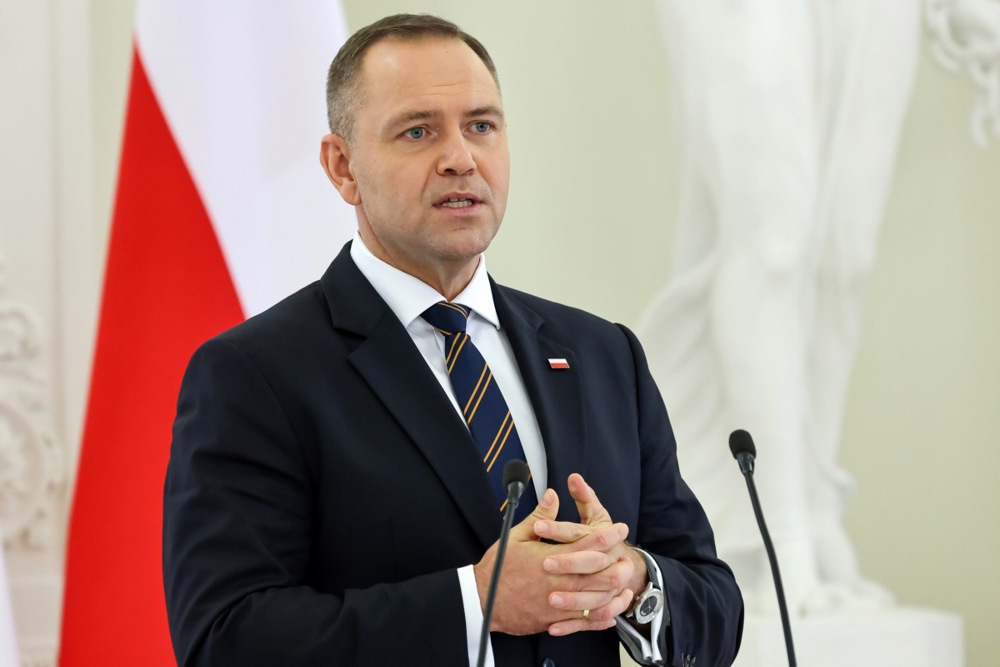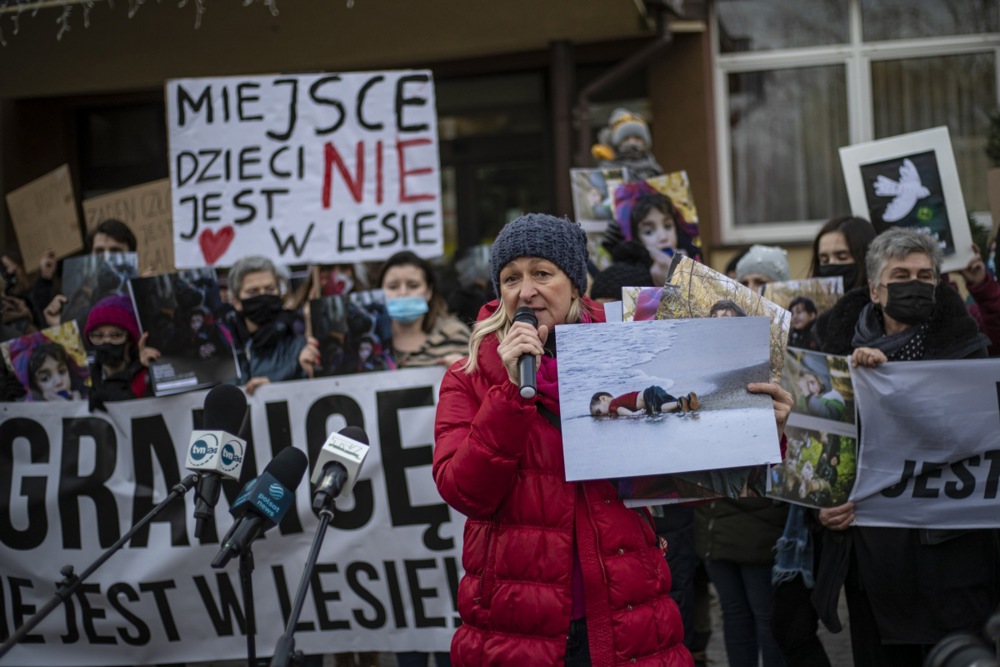A Polish court has fined two journalists from one of Poland’s largest online news outlets for publishing statements sent to them by email from a public media official without obtaining his authorisation for their use.
A Warsaw district court has ordered both journalists, Patryk Słowik and Paweł Figurski from the portal Wirtualna Polska, to pay a €250 fine for the offence.
The case concerns Michał Kaczmarczyk, a member of the programme council of the State-controlled Polish Radio and Polish Press Agency (PAP), who was the subject of two articles published by Słowik and Figurski.
One alleged that associates of Kaczmarczyk, who is rector of a private college in the Silesian city of Sosnowiec, were involved in selling certificates. The other claimed that his appointment to both boards had been politically driven.
Kaczmarczyk had sent the two journalists comments in response to their enquiries and they quoted those comments word for word in their article.
Under Poland’s press law, journalists are obliged to grant their interviewees the right to verify and authorise any quotes before they are published.
Słowik argues that, in this case, there was no legal obligation to seek authorisation. “We didn’t change or manipulate his statement.
“We quoted it word for word,” he told outlet Press, adding that he did not quote the full email as parts had nothing to do with the questions asked.
The two journalists said they were surprised in October to learn that Kaczmarczyk had contacted the police and they had been ordered to court for failing to obtain authorisation for using the quotes.
The court ruling handed down on November 5 is a penalty order after a hearing without the participation of the two journalists concerned. Such rulings are issued in cases the court deems to be “straightforward” and are usually issued purely based on the indictment.
The subjects of the ruling have a week in which to file a challenge and Słowik says that he will do so.
“Paying the €250 would be faster, simpler and cheaper than spending months arguing in court that there is no need for authorisation of statements someone knowingly sends to journalists,” he said.
“However, I sincerely believe that I’m fighting for the interests of journalists in this case.”
That position was supported by, among others, the Helsinki Foundation for Human Rights (HFHR), which argued that when an interviewee provides a written statement and a journalist quotes it faithfully, authorisation is unnecessary.
Wirtualna Polska is a portal that has in recent months been critical of the Tusk government. It is not, though, known for having any links with or sympathies for the opposition Conservatives (PiS) about whom it has often published critical material.
“The purpose of authorisation is to ensure the truthfulness of the message and protect against distortion, while simultaneously respecting press freedom,” read the statement from HFHR.
Kaczmarczyk has also launched legal action against Wirtualna Polska over the website’s reporting on him. In October a hearing was held in another case he brought against a local newspaper, Dziennik Zachodni, for its reporting on the certificates story.
He has refused to make any comment on the court proceedings in all the cases he is involved in as witness or “victim”.
Poland has been criticised in the European Commission’s rule of law reports for a lack of protection of journalists rights. It particularly pointed to the fact that in Poland defamation is a criminal offence that could land the alleged perpetrator in prison and that threat has often been used against journalists.





